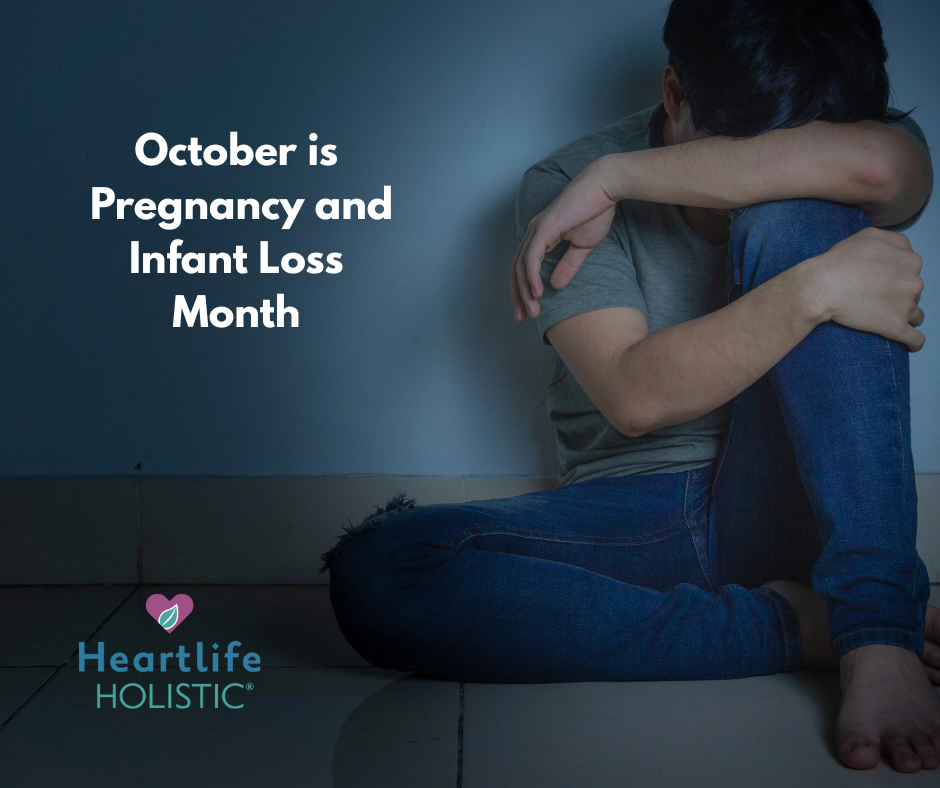Babies’ learning begins in the womb
- Kathy Morelli

- Jan 16, 2014
- 4 min read
Originally posted January 16, 2014.

The study, conducted at the University of Helsinki and led by lead study author Dr. Eino Partenen, recruited 44 families; 28 were in the experimental group and 17 participated through the length of the project.
Learning and memory is based on adaptive changes in the brain’s neuronal network. When we learn new things, our brain creates new patterns of neuronal connectivity. And repetition of what we learn causes the neuronal patterns to bind together more tightly through myelination. The saying goes, what fires together, wires together.

Can the prenatal brain learn? Previous studies, by monitoring postnatal babies’ body language, such as sucking, eye and head movements, have shown that they recognize music and voices heard prenatally.
But what’s the extent of the prenatal brain’s ability to learn? How plastic is the prenatal brain? Does the prenatal brain form lasting neural connections based on sound?
The non-invasive electroencephalography (EEG) technology used in this study made it possible to detect if the prenatal brain experienced actualdevelopment or “neural commitment” by auditory stimulation in the womb.
Starting in Week 29 of pregnancy until birth, the researchers tested this line of inquiry. They designed a recording for families in the control group to play every day. The recording had non-vocal music on it, interspersed with a made-up word, tatata, which was sometimes pronounced with variations in vowel and pitch. The babies were exposed prenatally about 25,000 times to the fake word.
Then, after birth, the researchers investigated if neural memory traces were formed in utero by watching the babies’ responses to pitch changes via EEG.
The babies who heard those pitch changes over and over again in utero, when exposed after birth to sounds with a different pitch, had a significantly stronger responses, as indicated by more electrical activity in a certain part of the brain, than the babies who were not systematically exposed to that pitch change.
This indicates that an underlying neuronal representations for the pitch change had been laid down and therefore, learning and memory had occurred in utero.
Ok. So on to the study’s conclusions.
While we’re not quite sure of the exact reductionist mechanisms, this research indicates that the fetal brain’s neural speech apparatus is influenced in utero
Shaping of our central auditory system begins before birth
Language learning begins in utero, as the fetus is beginning to distinguish pitch sound and segments
Exposure to indiscriminate noise may be harmful to auditory development, as this has been shown to be harmful to adults
For busy women today, anxiety and stress are a part of life. Pregnancy is a time of heightened lifestyle, emotional and hormonal changes for the mom and her partner.
And we know the stress response depletes us hormonally and emotionally, leading to burn-out and depression. Recent studies show that fear and anxiety during pregnancy set the body up for depression after delivery.
And the extent to which we know our environment and our stress levels affects our babies in utero is growing all the time.
So, take a break for mom and baby’s sake. You can bring down your own stress response by retraining your own neuro-circuitry!
If you can spare ten – twenty minutes a day, you can re-train your mind on different levels to manage your stress, fear and anxiety. Numerous studies show that practicing FREE do-it-yourself mindbody stress-reduction just a few minutes a day of reaps profound and long lasting benefits. .
If you are having trouble managing your emotions yourself, and have strong anxiety, please practice self-care and go to a professional to get a clear clinical picture of your situation.
Clinically, the best tools for managing anxiety build up the relaxation response:
Building up a daily practice of 20 minutes of relaxation and awareness practices, there are numerous holistic therapies to choose from!
Interpersonal psychotherapy is a proven method of processing emotions and learning new behavioral skills
Vitamin “T” – touch – inexpensive if done at home with a partner – just ten minutes a day is a proven way to reduce feelings of isolation, depression, anxiety
Aroma therapeutic remedies are gaining clinical support for positive effects on the neuro-endocrine system, as a gentle supportive self-care
Good nutrition, exercise and rest is important to maintain your physical and mental health, which are intertwined
BirthTouch® Childbirth Education is my private childbirth education series, designed to focus you as an individual, the woman and her partner, and your emotions about pregnancy, birth and your transition to parenthood.
Chock full of proven holistic and integrative methods, we spend a series of four two and a half hour sessions together. We use expressive art, guided imagery, positive psychology, Vitamin T and aroma therapeutics to address and soothe fears, bolster confidence, build up the relaxation response and support balance.

In women who have underlying anxieties, the stress response is constantly being primed at non-verbal levels. Processing fears and building up the relaxation response interrupts the stress feedback system and soothes feelings of anxiety.
Self-care during pregnancy helps mom and baby’s development (Istock:AndreyPopov)
So, be aware of the power of addressing and releasing fears during pregnancy, it helps you come into a state of trust and confidence, helps you live consciously, and helps you manage your emotions on your terms.
It might be hard to think about fitting self-care in, but think of it as taking positive steps in your life to take a break and become educated about your body and your emotions.
References
Eino Partanen, Teija Kujala, Risto Näätänen, Auli Liitola, Anke Sambeth, and Minna Huotilainen. Learning-induced neural plasticity of speech processing before birth. PNAS, 2013 110: 15145-15150.



Comments